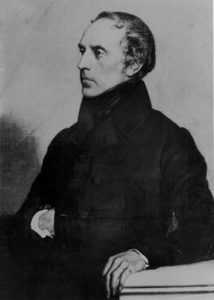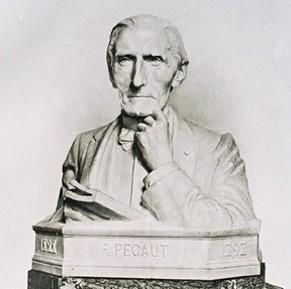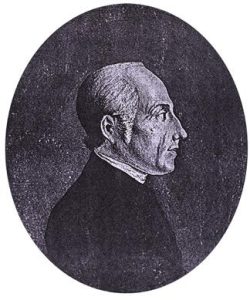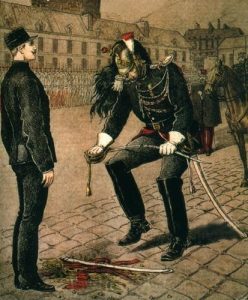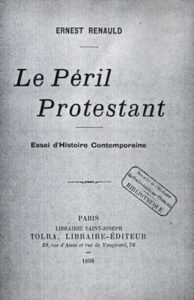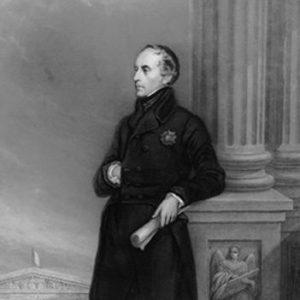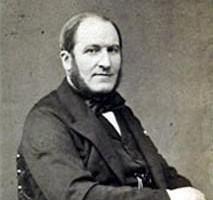Permanent involvement in contemporary society
The XIXth century intellectual movement in France develops under a double influence :
- the influence of the French Revolution which was held by many to be the founding event of the whole nation and led most of the French to consider freedom of the individual as a fundamental value ;
- the influence of a progressive scientific movement : science came to be considered as a universal implement.
Throughout this period, two basic factors are a common feature in Protestant society :
- Protestants considered themselves as having contributed to the French Revolution. The Reformation had liberated Christians from the shackles of hierarchy : the doctrine of the priesthood of all believers was seen as the forerunner of political liberalism and democracy. Considering themselves to be the true spiritual heirs of the French Revolution, Protestants were keen to show their contemporaries that freedom and religion, individual freedom and the Christian faith, can be reconciled.
- Protestants claim to be modern and up to date, as theirs is the only religious belief adapted to the contemporary world. Many seek to apply scientific methods to all spheres of knowledge, including theology.
Guizot is one of the key-figures of this period : his long life reflects the relationship between « Protestants and public authority ». Themes such as “Protestants and the creation of the republican system of education”, or “Protestants and the Dreyfus Case” are, among many others, examples of a Protestant influence on French society with, as an inevitable repercussion, measures of anti-Protestantism. The “Protestant press” in all its diversity reflected the very lively intellectual debates of the time.

